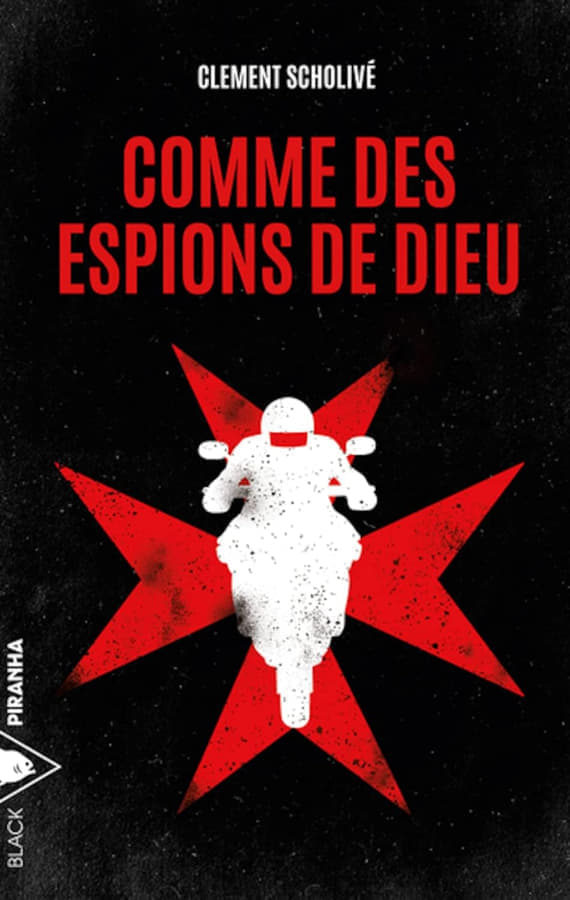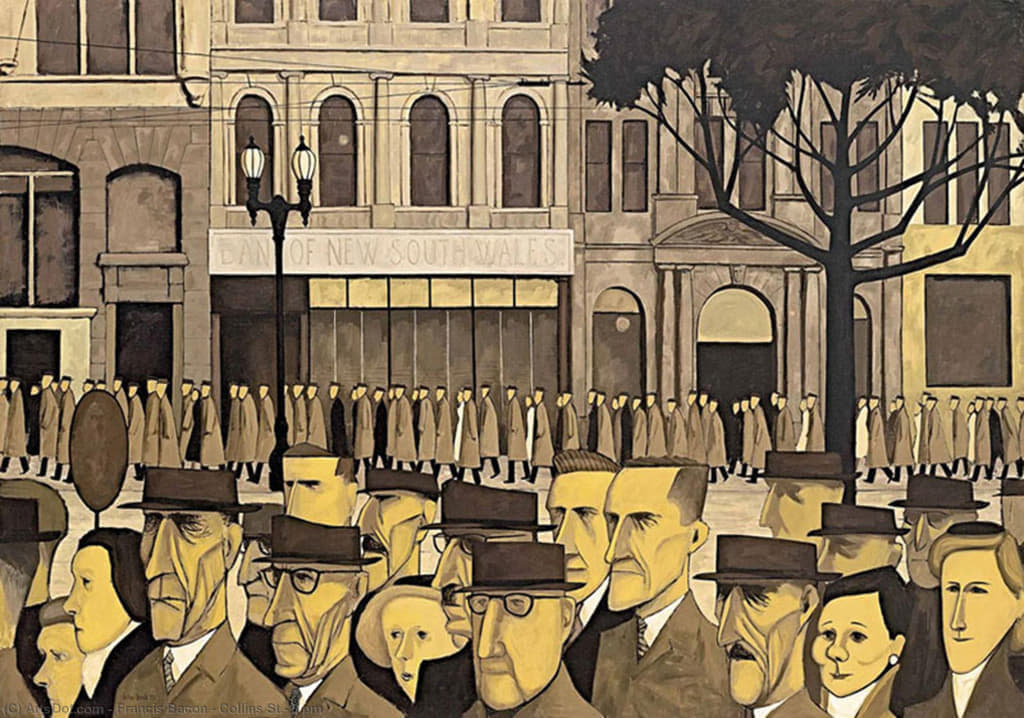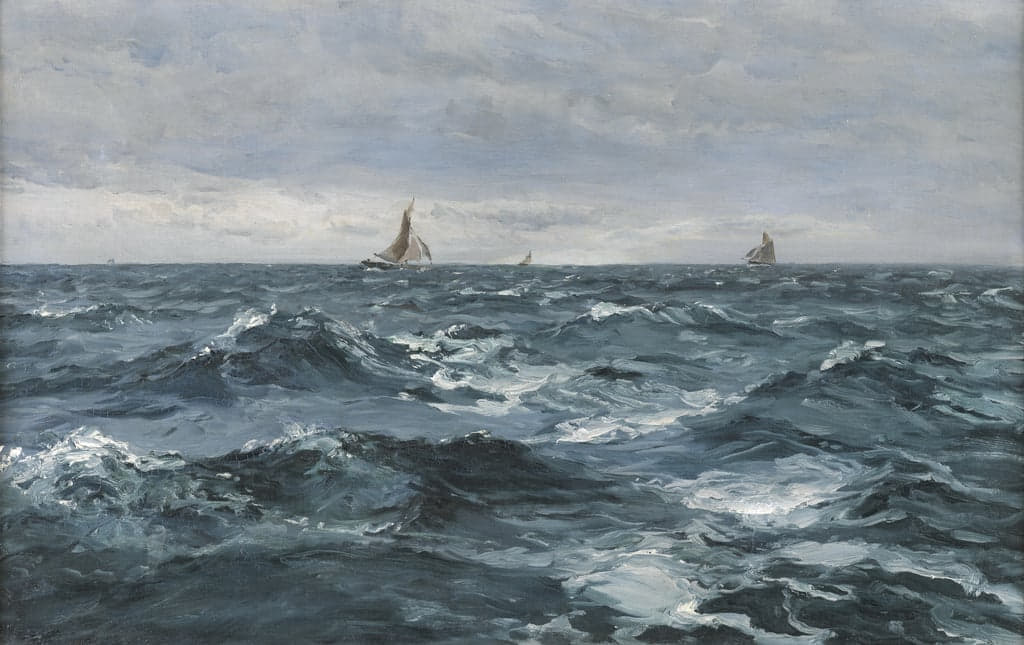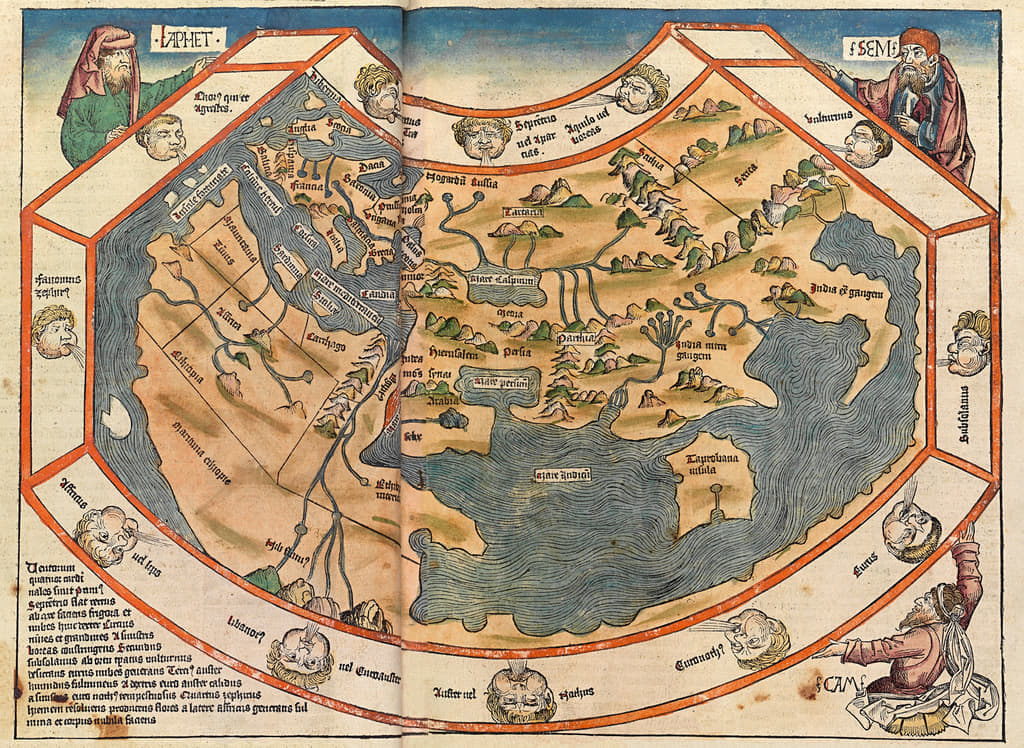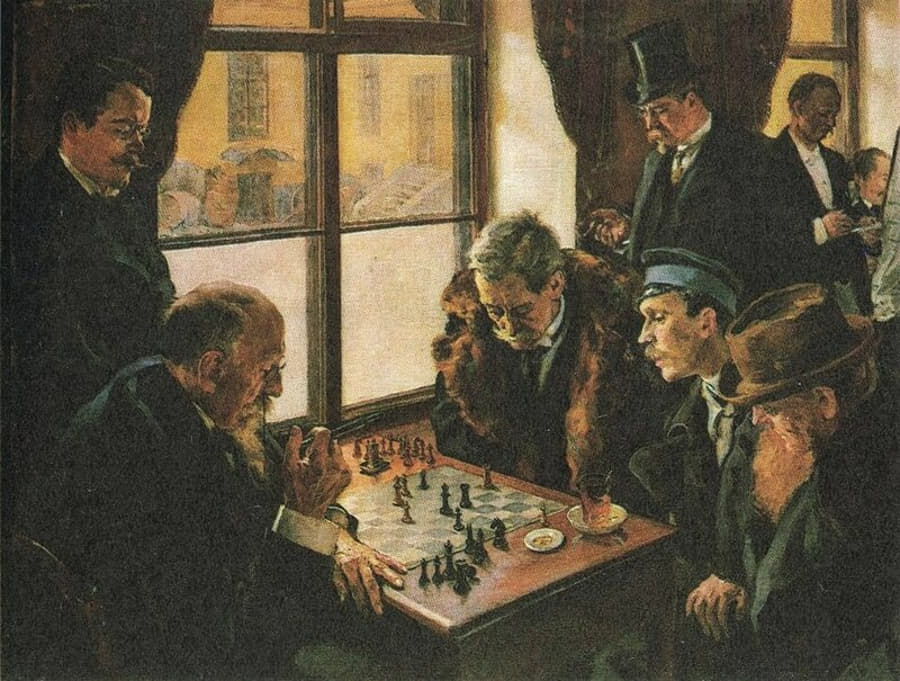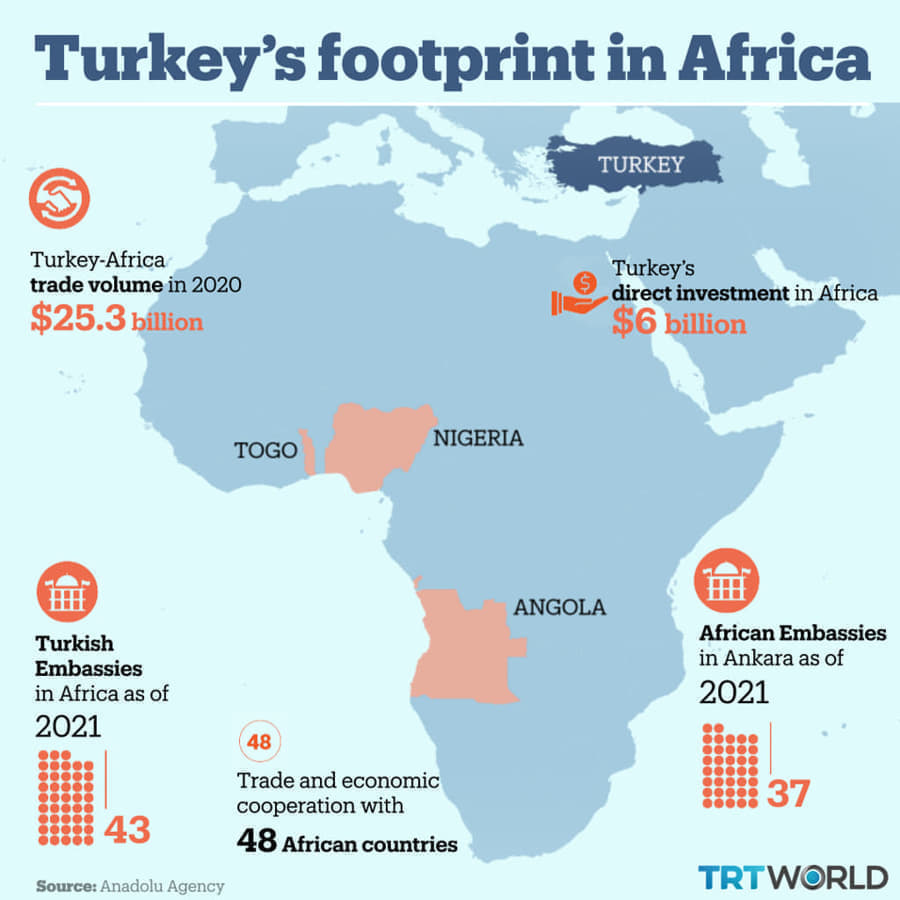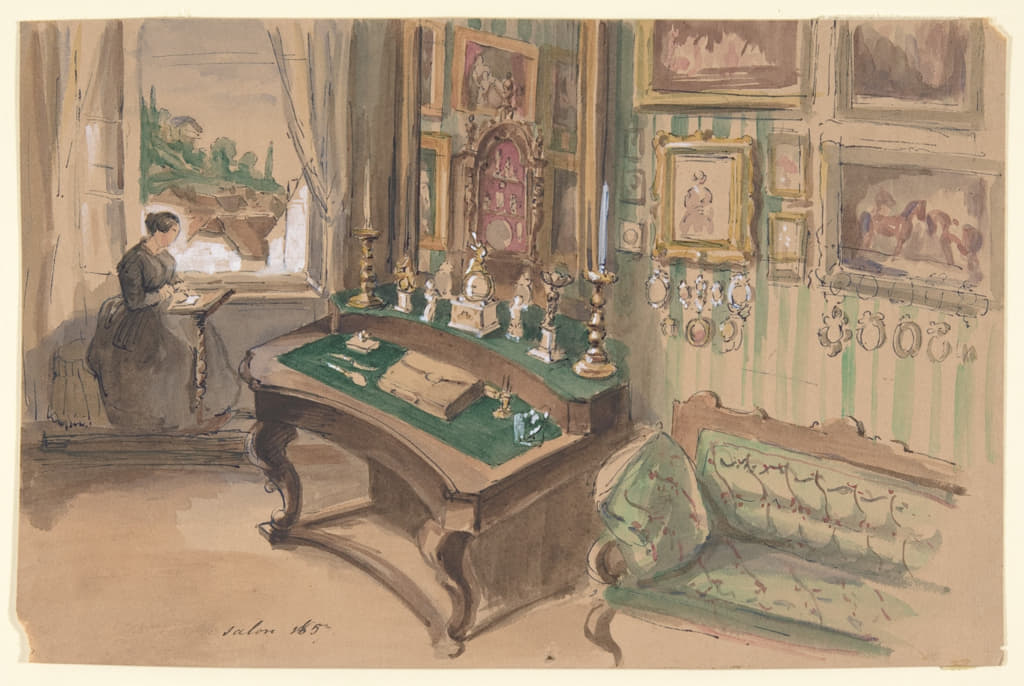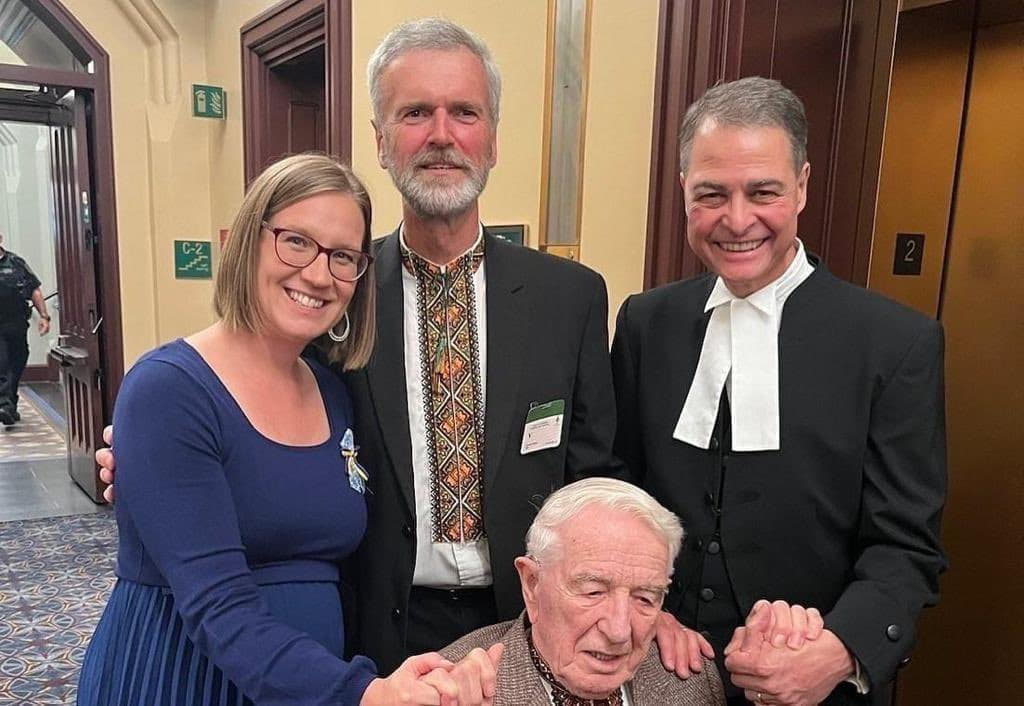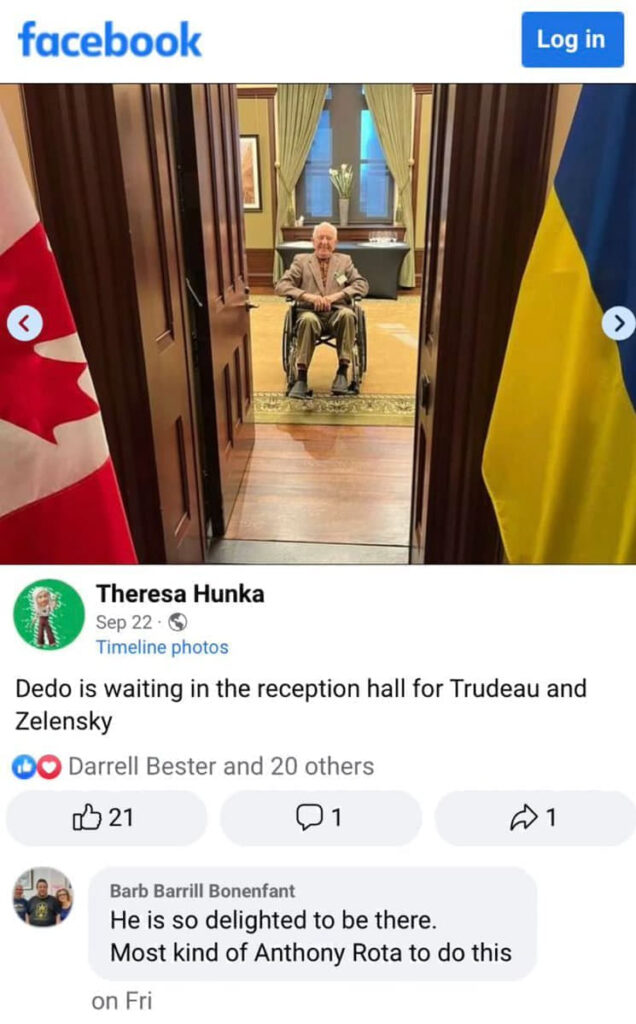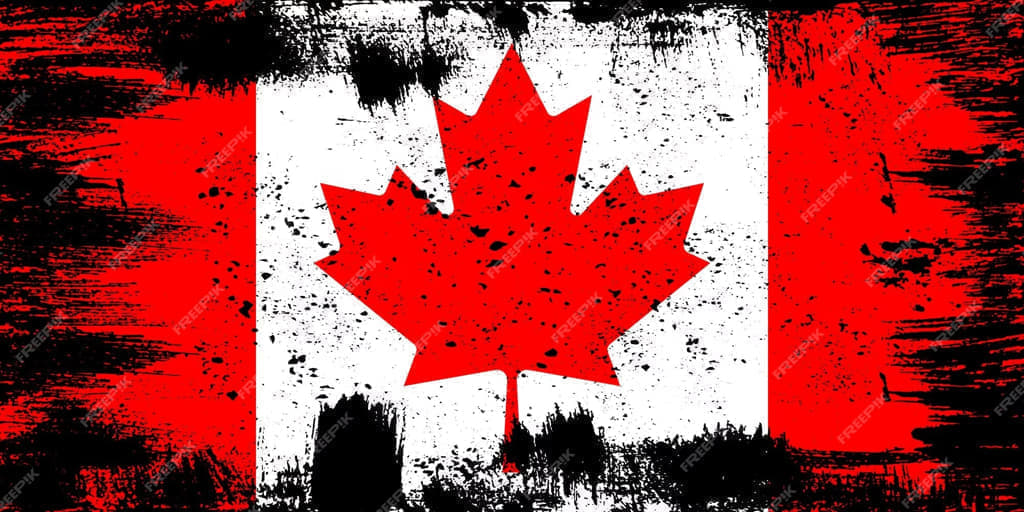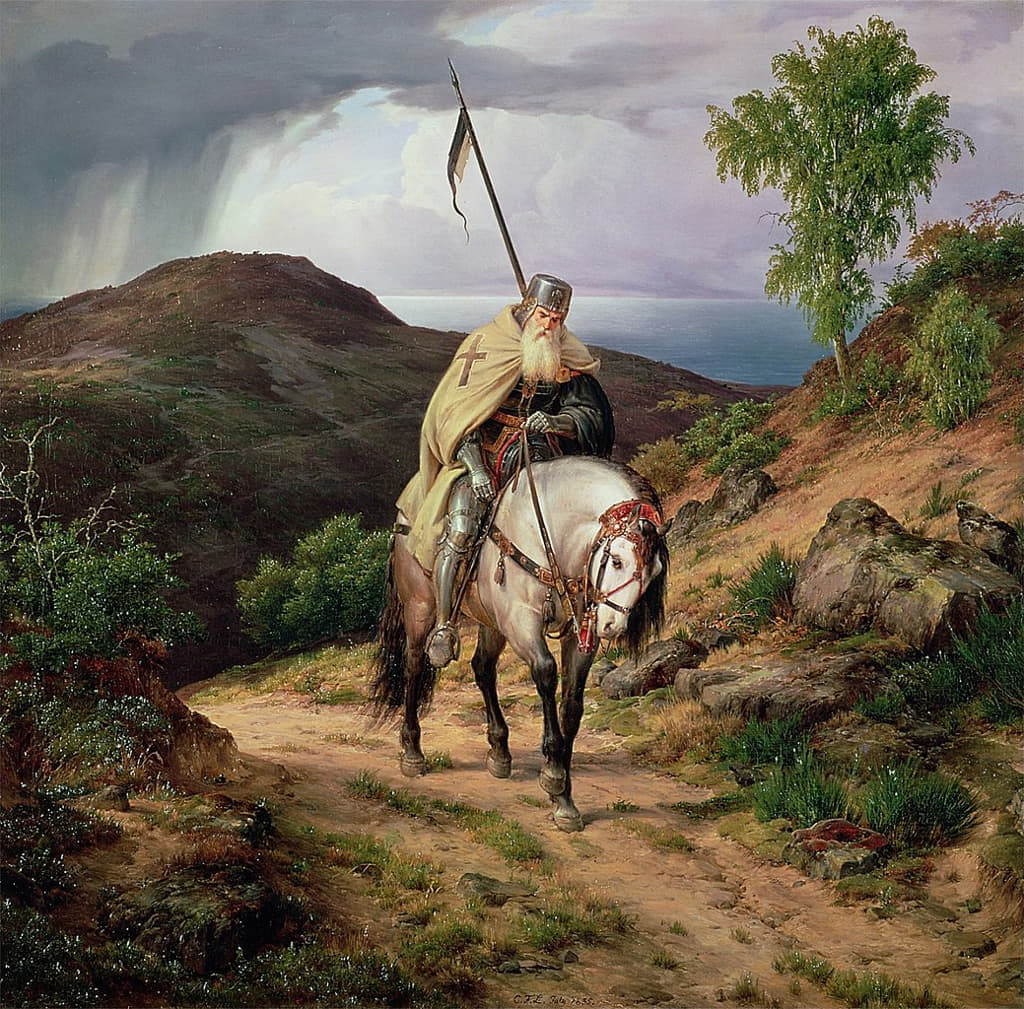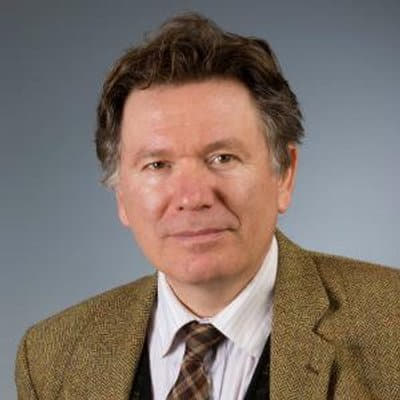Through the kind courtesy of Piranha, we are happy to provide the following excerpts from Clement Scholivé’s novel, Comme des Espions de Dieu (As if We were God’s Spies).
The short excerpts that follow have been adapted and translated from the French—avoiding spoilers. Make sure to read our interview with the author.

From the Prologue, 1
London, December 22, late in the afternoon. George Simmel, a professor at the École Normale Supérieure in Paris, ENS, and at the SOAL Foundation in Fontainebleau, France, had trouble leaving St Pancras station. A police crime scene tape marked the spot where a bomb had exploded, early that morning, at the first-class coach level. Fortunately, the Eurostar had been delayed. No one thought of thanking the migrants who had lost their way into the Eurotunnel on the French side. They avoided the worst. The damage was trivial. He bypassed the bored police cordon, waved to his driver holding a “SOAL” sign and they sped off to his club, the Club, in St James’s.
The Club was unobtrusively discreet, even though or because it was located at the very heart of deep power. No flag on the façade, unlike others. A greying, Ghanaian bellboy on the porch and three narrow steps leading to a modest-looking glazed door, a trompe-l’oeil given the munificence of the interior—a vast hall with its three floors of interior galleries, served by a monumental staircase, supported by red marble columns and topped by a dome from 1900, under which immense ornamental palm trees, a gift by a Maharaja, had breathed the smoke of cigars for a hundred years, and survived the ordeal. George Simmel went down to the cloakroom, opened his closet bearing a little ivory plate engraved with his name, and collected his evening suit. He went upstairs to his chamber to rest a bit, shower and change. A talk was scheduled for that evening, with Baroness Hathaway, the former head of MI5.
George Simmel was not in his normal state. He was tired due to a series of events that had brought him to London, via Jersey. The averted St Pancras bombing was a further irritation. People here and in Paris would not fail to ask him, “If…,” and “If”—and then, “You are lucky!” As if he had any inside information. Who was the target. “You were at Helen’s talk? Very, very timely! Very strange!” People always rush to assumptions. Instead of thinking, first. And shutting up, second.
In fact, he was deeply distressed by the unexpected death of his oldest friend from high school, whom at Lycée Louis-le-Grand, and afterwards at Ecole Normale Supérieure, everyone called by his family name, Védrin, never Jean, always Védrin. As he struggled with his bow tie, he noticed in the mirror that he was dressed in black, as for a funeral. He sat down on the edge of the bed, and suddenly, just like that, God knows for what reason, reasonable reason that is, he sobbed. Like a child.
For the second time that day.
From Part II. Chapter I, 1
About six months before, in early July, at SOAL-Fontainebleau, George had subjected a prospective student to the ritual of the interview, a seemingly colorless and odorless conversation after a three-hour psychological and behavioral test. The young ENS graduate wore a fashionable Zara short sleeve shirt, but not too flashy, sensible chino rolled up on his ankles. He was manspreading, in rope sandals. Short reddish hair, “Venetian blonde” would have said Adélaïde, George’s mother. And she did.
Claus Bronn had made the tedious journey from Paris to Fontainebleau in sweltering weather, by suburban Transilien train, then by city bus and finally boarding a SOAL shuttle, all the way from the capital’s 5th arrondissement to the Domaine de Beaumont, next to Fontainebleau Forest and the river Seine. On a Sunday.
During the interview, George had tried to avoid looking at a scar the student had on his face. His nose, broken just below the bridge, showed a fierce dent between the eyes. Rugby? A graduate of elite Napoleonic ENS, and a rugby player. Rare combination. Yes, right there on the medical report: “Physical: Top shape. AAA.”
The interview concluded with Claus’ enrollment in the cross-disciplinary doctoral stream of tough-to-get-in Leadership Programme of SOAL-ENS. He agreed with the terms of study and signed the MoU.
The package included a summer internship, assisting George with a project on dematerialized soft power strategies.
“It’s up to you to check that sources are state-of-the-art, to fill in the statistical gaps and data, add tables and graphs; in short to reference fully the article which, for the moment, is just a narrative. I need the quantitative. For revenue journals. You are a mathematician; you know how to do it. But above all, and I know, I know you have declined a choice place at the Ecole Polytechnique. Yes, yes, I know; preferring, I read here, “the humanistic aspect of numbers.” Cute. You will be credited as second author. When I stretch it into a book, or a primer. You’ll get 5% up to five thousand copies sold. Above that, 9%. SOAL will pay you an advance, now. Three thousand euros. That’s our Growing Own Timber project. Are you okay with that?”
“Absolutely.”
“Very well. Sign the codicil. Bonus, Claus: if you like it, I’ll put you up in a place, a nice barn I’ve got in the Pyrenees, all expenses paid, to work in total peace. Deal?”
Hard to refuse.
George had then watched the young man stride confidently across the Lawn, acid green in the summer sun. He had observed how Claus had paused to take in the harmonious line-up of the Foundation buildings, in the deserted silence of that summery Sunday, when the hundred or so students had left for the weekend. George saw how the talented mathematician had sized up the place, reducing it to an equation, surely. Mother will like him.
From Part I. Chapter III, 2
George was sitting outside a café in Rue de Bretagne, in Paris’ Temple district, reading the Iliad in the sun. A young guy was parking his motorcycle, a big, red Ducati, and bumped slightly against his table. Taking off his helmet, the lad immediately apologized:
“I’m sorry, so sorry, Sir.”
“No problem. It shines like hell.”
The young biker repeated, “like hell,” and added:
“Can I buy you a drink, Sir, just to… you are…”
George raised his hand and pointed to a chair:
“SOAL, security guard?”
“Yes, Sir. At the aquarium.”
“Uh huh.”
“Weird, at SOAL, we’ve never spoken to each other.”
“We have. ‘Sir? Right thumb, press hard, for opening.’ Sir.”
Samuel burst out laughing. He became talkative, George recalled. The lad may have had a joint. He belonged to the XYZ+ young proletariat with no future and no past, who are surprised by nothing and are surprised by a nothing. Emotionally wired 24/7. Harmless and a mess. Errant dog, looking for collar.
Who’s paying for that bike? wondered George. Change of tack:
“Does it take you a long time, every night, anyway, to undo your piercings. If you do? Samuel.”
The first name calling took Samuel by surprise.
“Okay,” was his reply.
George ordered a Stella for him and a Perrier for himself. The line was cast. A year later the biker had vanished. And George was summoned at the Club by Sir Avery, president of SOAL, “for a good chat.”
From Part II, Chapter VI, 2
SOAL Chief Compliance Officer Hilb arrived fresh as a clavelito at Buenos Aires’ Ezeiza airport, took a limo to the microcenter of the city, and got dropped off at his favorite café, Confiteria Ideal, set between sellers of thrice-used books, milliners’ shops yellowed by the sun, and a large screen porn cinema. At the Ideal, Hilb sat up against a large brown marble pillar set with gilded sconces. He smoothed the red tablecloth with the back of his hand. The pastries were in the centre of the huge, tiled room, on a monumental, baroque sideboard, on parade. It was ten o’clock, no customers, the low point of the morning. He ordered a cortado and medialunas.
He had an appointment with Newton. Cradle name, Noah. Immigration name, Newton. Abbreviation Newt. Born, like Hilb, in the 9th arrondissement, Rue Cadet, Jewish quarter, Paris. Volunteered together in the Six-Day War. Then, specialists in the use of electric devices.
Newt was now “in the building industry.” He had the mystique of the construction industry. On a previous occasion, when they nearly fell out with each other:
“Do you remember what the rabbi used to tell us at school? ‘In Hebrew, my children, “child” and “builder” are homonyms. Homonyms, you know what that means?”… Guy Chouraqui, the poof, didn’t know where to hide. What a laugh! And the rabbi: ‘Evil spirits that you are, a homonym is a word that resembles another… And you know why they’re homonyms in Hebrew? Because a child, by going to school, by being educated, builds the real house, the building of peace… Ah, Shalom… Peace… What a beautiful noun, my children, it is the combination of sacred numbers…’ He could not switch off. Off his rockers. Needed no electricity to power him. That’s what building is all about.”
Diversion, anyway, all that chatter. Not today, not today.
“Holà, Pierre! Holà, Newt!”
Newt managed to squeeze himself into the armchair, pulled up his glasses with his thumb, a twitch that had always annoyed Hilb; it had to do with Hilb’s sister, and remained silent. Newt stared at Hilb with a look that was not very kind. Hilb decided not to talk about past differences—that deal about a SOAL school in Buenos Aires gone south. He went straight to the point.
“Come a little closer and listen. We’re going to have to move fast. Bissel of a shlep. But shekel tango, I promise.”
“Like last time?”
“Listen, no frigging building and all that crap. Listen to me, then you decide. I have not flown in from Paris just to drink coffee, and tell you I love you, hey? You just have to dress like a Brazilian tourist. You take your cut, at source. Toi-même.”
“Tu m’intéresses.”
From Part III. Chapter II, 1
Between Christmas and New Year, the Surveyor had allowed himself time for musing. The operation had “foreclosed,” as it was now trendy to say in the minister’s youngish, inner circle. But, with his head bent over his personal copy of the file, and supported as usual by three fingers of the left hand, thumb, index and middle finger, he meditated.
He mused about the irony of his fate, seated at his usual canteen, Rue des Saussaies, neither too close nor too far from the Interior Ministry, located there since the times of Napoleon’s police HQ. He sat, alone in the dining room, at his familiar banquette, the one with a broken spring. The duck confit had seen better days. A left over from Christmas. Like me, he mused, like me.
He opened a paper clip and unfolded it, then folded it back, then twisted it. He discarded it in the ashtray, symbols of a bygone era: paper clip and cigarette. I’m like a paper clip. Like a paper clip in this useless ashtray. But I have my file.
He looked at two cryptic notes he had jotted down on two purple post-its, stuck on the last sheet, and inscribed: “acc, so true.” He pondered the amusing irony of breaking an iron rule of the service, NPC, No Personal Copy, at a stone’s throw from the Tracfin office, a file foreclosed as the bright sparks say. He discreetly chewed an antacid tablet, so as not to offend Lucien, the patron.
Who would have guessed this high-ranking career police civil servant, nicknamed the Surveyor; Charles Fourcadet had reached the end of his tether. The complex affair of varsity money-laundering, now declared foreclosed, whatever that meant, had taken the best of five long years of careful, and inventive, scoping. Academia is tricky and deceitful, and smart, very smart. Worse than gun runners. He was about to wrap it up, and nab them all, and then remind the minister he was now ready to move on and up, since like a damn fool he had delayed a nice end-of -career promotion to close that juicy file, not to bloody foreclose it! Snuffed before the media would get a whiff of it. And that was surprising since the bright sparks leaked like a used condom.
He, who had led the operation from day one, was made to carry the can for all these years of wasted public money and so-called “scarce human resources,” as if that was ever an issue. He was in charge, until la Dutour, Madame Rector, barged in, George Simmel’s ex—can you believe it—took over, reshuffled the deck, and c’est fini, c’est la vie. Why her? Mind you, academic Mata Hari or not, she had form. If you see what I mean.
Nothing surprised him any longer. Time to take early retirement, in fact. They hinted at it. He took the hint. But how and why he would take it, that was his business. That is why he mused, and not why he had acid reflux.
He meditated on the irony of another fate. That of De Kemp, his penetration agent. That prick, slippery to handle, demanding like a tart, an addict to boot, “for my painful joints’” why yes, of course, your joints. Paid for under the table. For sure he impressed his colleagues at that second-rate university where we gave him a job, with his super frigging SUV. Father is well off. Antwerp. Diamond trade. We had a good laugh. Green grocer in Besançon. Got his comeuppance, though. The hard way. That kid, Victor, tough as nails. Should have followed his tracks. Collateral anyway. But…
The Surveyor picked up the twisted paper clip and was tempted to light a gauloise, just pour emmerder Lucien and his rotten duck confit from Hungary. He pushed aside the file.
For—and the Surveyor looked at the sad leg of confit—in all the driftwood that De Kemp was sending downstream, flotsam and jetsam of information of all sorts, Charles Fourcadet had flagged indicators that a second-level electronic wall of defense, as invisible as it was fierce, seemed to ringfence SOAL, while the front wall was agreeably permeable; not easy, for sure, but it consented to penetration. He had wisely omitted it from his verbal and filed notes and from the final report, of course, the moment he had sensed that the rug was being pulled underneath him by Mata Hari. Something else was cooking.
Now, taking the hint, he had decided to capitalize, and from civil servant to become civilly self-serving. Unlike all those military windbags who retire and lecture the free world on what should be done in the Ukraine or with the Taliban, while they did nothing when they could. He had decided not to take a dump in a think-tank, but to quietly re-invest his skills and expertise. And, in two short months, on March 1st, with full pension rights, and the blue rosette of Merit on his lapel, he was going to walk across to SOAL and join the opposition, whatever that may be.
He stood up, left fifty euros and, with a smile, added the pack of antacids.
